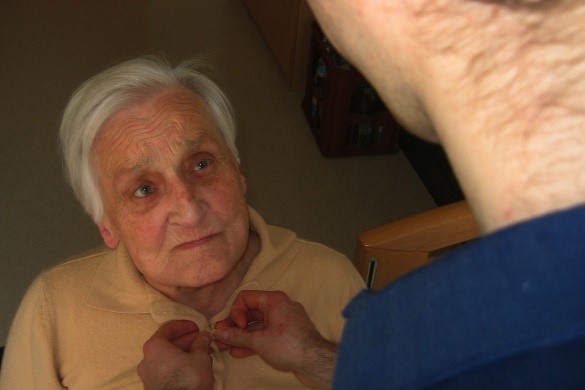An innovative approach to ADHD diagnosis has won the HSJ Partnership Award for Best Mental Health Partnership.
QbTest is a digital test for ADHD which has benefited almost 57,000 young people (aged 6-18 years) since Academic Health Science Networks (AHSNs) began to support its wider use in the NHS. The innovation speeds up the time to diagnosis, improves patient experience and gives young people faster access to the support they need.
The importance of early diagnosis, and the support it unlocks, was highlighted by a group of young people, parents and healthcare professionals in Medway who told their stories in a video about living with ADHD that we made to mark ADHD Awareness Month in October 2021.
Since April 2021 we have supported 13 sites at 6 NHS Trusts in Kent, Surrey and Sussex to implement QbTest, leading to assessments for over 1,100 young people. The national picture shows QbTest now being used in 59 trusts across 113 sites in England – just over half of the NHS providers of ADHD assessments for this age group.
Becca Randell, Kent, Surrey and Sussex Implementation Lead – Starting Well (Children’s Mental Health), KSS AHSN, said:
“KSS AHSN is delighted to have been able to support 6 Trusts within Kent, Surrey and Sussex to deliver over 1,110 QbTests in the past year, with the aim of improving outcomes for children and young people living with ADHD.”
QbTest measures attention, motor activity and impulsivity – the core symptoms of ADHD. The results are instantly analysed and presented in a report which compares a patients’ results against a normative dataset based on age and gender. ADHD practitioners then use information from the QbTest report alongside their clinical assessment to inform their decision whether the young person has ADHD or not.
As part of the Focus ADHD national programme, the 15 Academic Health Science Networks across England are supporting clinical services to implement QbTest. The programme can have a positive impact on young people and families by reducing the number of appointments needed for clinical diagnosis, meaning that clinicians can see more patients. The new pathway can also generate increased clinical confidence and understanding while increasing efficiencies for the service.
Tony Doyle, Managing Director, Qbtech said:
“Working on Focus ADHD has been an absolute pleasure and I would like to thank all colleagues working on the programme from the AHSNs and Qbtech. Together we have made a real difference and continue to improve the lives of those living with ADHD.”
Find out more about the programme or contact Becca Randell, Kent, Surrey and Sussex Implementation Lead – Starting Well (Children’s Mental Health).





